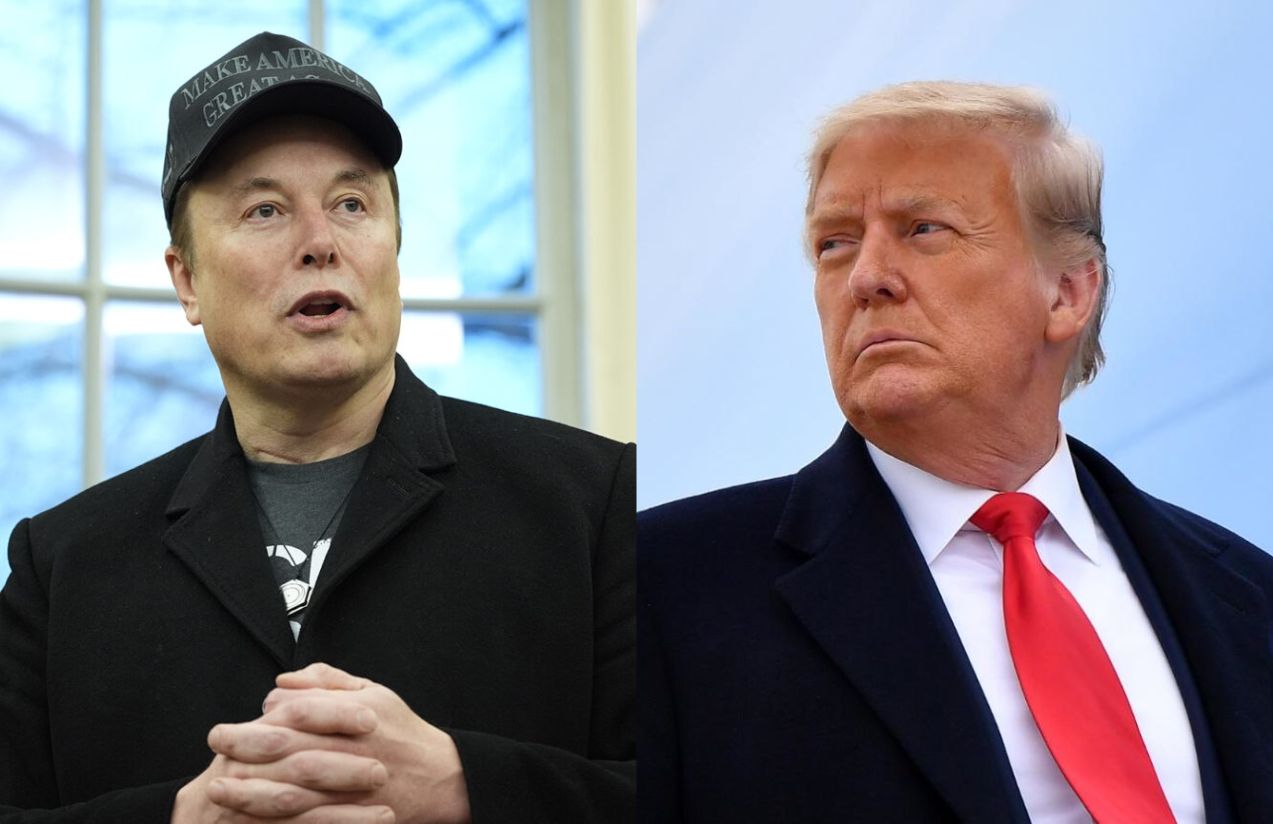On Friday, June 6, 2025, Elon Musk experienced one of the sharpest setbacks to his personal wealth: an estimated loss of $34 billion, driven by a 14% drop in Tesla’s stock and the deterioration of his relationship with Donald Trump. Despite remaining the richest person in the world, with an estimated net worth of $335 billion, this drop represents one of the most significant single-day losses ever recorded.
The root of this massive decline lies in Musk’s public clash with Trump, who threatened to eliminate tax incentives and government contracts for Tesla and SpaceX. These warnings sparked concerns on Wall Street about potential repercussions on the demand for electric vehicles and Musk’s overall income.
The market reaction was immediate:
Tesla’s stock price plummeted, dragging down Musk’s valuation, which relies heavily on his stake in the company. Additionally, analysts noted that SpaceX’s dependence on government contracts further amplifies his vulnerability to political measures.

Despite the blow, financial observers emphasize that Musk still holds a strong economic position. His wealth remains well above that of any other individual, maintaining a substantial lead over his competitors.
Can Elon Musk quickly recover from this historic loss?
Yes. Due to the “on paper” nature of his net worth, which is primarily tied to the stock valuation of Tesla and companies like SpaceX, a stabilization or rebound in share prices could help recover much of his fortune quickly. In fact, Musk has bounced back from similar losses after politically turbulent episodes or negative reports. However, much will depend on how the dispute with Trump unfolds and how the markets react to potential sanctions or cuts in incentives.
In summary, this episode highlights how political conflicts can rapidly impact the wealth of tycoons like Musk, especially when they are heavily exposed to market fluctuations and government decisions. All eyes are now on how this dispute evolves and how Tesla and its subsidiaries perform in the coming days.




















